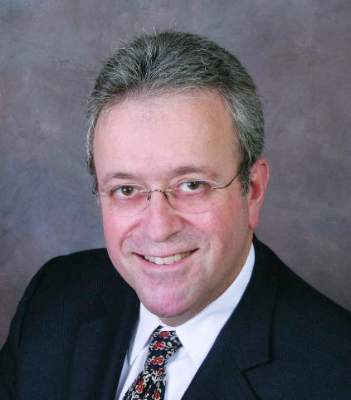I can almost hear you saying it now: “Here’s a column I can skip! Embezzlement has never been a problem in this office.” Unfortunately, theft from within is way more common in medical offices than most of us suppose – and it often occurs in full view of physicians who are convinced that it cannot happen to them. Most embezzlers are not particularly skillful, nor very good at covering their tracks. But their transgressions can go undetected for years, simply because no one is watching.
A friend’s experience was all too typical: His bookkeeper wrote sizable checks to herself, disguising them in the ledger as payments to vendors commonly used by his practice. Since she also balanced the checkbook, she got away with it for a long time. “It wasn’t at all clever,” he told me, “and I’m embarrassed to admit that it happened to me.” Is it happening to you, too? You won’t know unless you look.
Detecting fraud is an inexact science; there is no textbook approach that one can follow, but a few simple measures will uncover or prevent a large percentage of dishonest behavior:
• Hire honest employees. Check applicants’ references; find out if they are really as good as they look on paper. And for a few dollars, you can screen prospective employees on one of several public information websites to see if they have a criminal record, or have been sued (or are suing others). My columns on hiring and background checks can be found at http://www.mdedge.com/edermatologynews/managing-your-practice .
• Minimize opportunities for dishonesty. Theft and embezzlement are usually products of opportunity; there are many ways to minimize those opportunities. No one person should be in charge of the entire bookkeeping process. The person who enters charges should be different from the one who enters payments. The employee who writes the checks should not balance the checkbook, and so on. Internal audits should be done on a regular basis, and all employees should know that. Your accountant can help with this.
• Reconcile receipts and cash daily. The most common form of embezzlement is simply taking cash out of the till. In a typical scenario, a patient pays a $15 copay in cash; the receptionist records the payment as $5 and pockets the rest. Make sure a receipt is generated for every cash transaction, and that someone other than the person accepting cash reconciles the receipts and the cash daily.
• Insist on separate accounting duties. Another common scam – the one to which my friend fell victim – is false invoices: You think you are paying for supplies and services, but the money is going to an employee. Once again, separation of duties is the key to prevention. One employee should enter invoices into the data system, another should issue the check or make the electronic transfer, and a third should match invoices to goods and services received.
• Verify expense reports. False expense reports are another common form of fraud. When an employee asks for reimbursement of expenses, make sure they are real.
• Safeguard your computers. A major downside of computerization is the facilitation of embezzlement. Data are usually concentrated in one place, accounts can be accessed from remote workstations or off-premises servers, and a paper trail is often eliminated. Your computer vendor should be aware of this, and should have safeguards built into your system. Ask about them. If they aren’t there, ask why.
• Look for “red flags.” Do you have an employee who refuses to take vacations, because someone else will have to look at the books? Does someone insist on approving or entering expenses that are another employee’s responsibility, “just to be nice”? Is an employee suddenly living beyond his or her means?
• Consider bonding your employees. Dishonesty bonds are relatively inexpensive, and you will be assured of some measure of recovery should your safeguards fail. In addition, the mere knowledge that your staff is bonded will frighten off many dishonest applicants.
• Keep in mind that office personnel are not the only ones susceptible to temptation. A colleague recently told me about a per diem physician in his employ who conspired with a receptionist to keep fees collected for cosmetic neurotoxin and filler procedures “off the books,” then split the proceeds among themselves.
Dr. Eastern practices dermatology and dermatologic surgery in Belleville, N.J. He is the author of numerous articles and textbook chapters, and is a longtime monthly columnist for Dermatology News. Write to him at dermnews@frontlinemedcom.com




